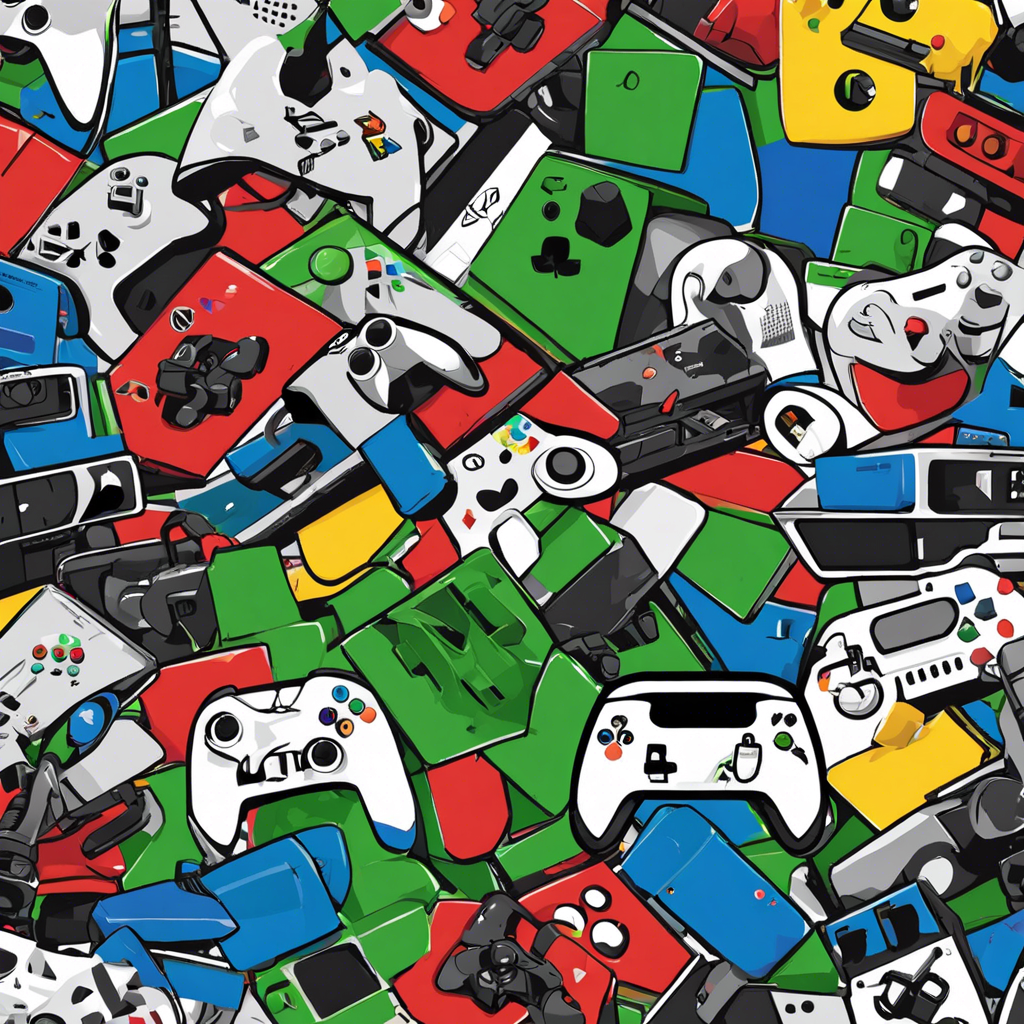The gaming console wars have been raging for decades, and the battle between PlayStation, Xbox, and Nintendo shows no signs of slowing down. Each brand has its own dedicated fanbase, and with good reason – they all offer unique gaming experiences that cater to different preferences and interests. But how do they stack up against each other? Which console comes out on top in the never-ending debate of PlayStation vs. Xbox vs. Nintendo?
Let’s start with PlayStation. Sony’s gaming brand has built a strong reputation for itself by offering a range of exclusive, high-quality single-player games that showcase stunning visuals and captivating narratives. Titles like God of War, The Last of Us, and Spider-Man have cemented the PlayStation as a must-have console for fans of immersive, story-driven experiences. Beyond its single-player offerings, PlayStation also provides a robust online multiplayer community and a range of multimedia features that transform the console into an all-in-one entertainment hub.
Turning our attention to Xbox, Microsoft’s console distinguishes itself through its focus on online functionality and community-driven features. Xbox Live, the console’s online service, has long been a leader in the space, offering a seamless and feature-rich online gaming experience. Xbox is also known for its Game Pass subscription service, providing players with access to a vast library of games for a monthly fee. This makes the console extremely attractive to gamers who want to explore a wide variety of titles without breaking the bank.
In the world of gaming, Nintendo occupies a unique space. Unlike PlayStation and Xbox, which often focus on cutting-edge graphics and online multiplayer experiences, Nintendo consoles emphasize fun, creativity, and innovation. The company is known for its family-friendly games, featuring iconic characters like Mario, Zelda, and Pokémon, that appeal to players of all ages. Nintendo also likes to experiment with unique hardware, such as the motion-controlled Wii and the versatile Switch, which can be used as both a home console and a portable gaming device.
